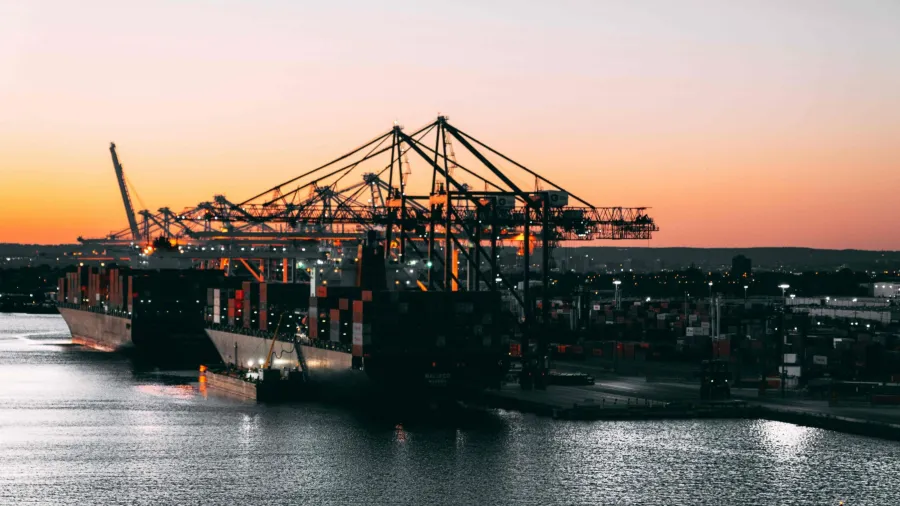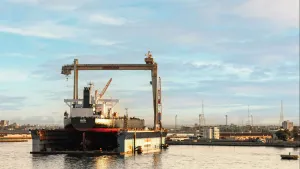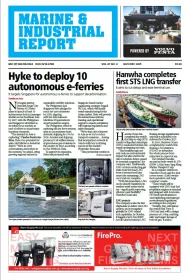
Political instability remains top risk for global shipping
Another increasing threat to the sector is cyberattacks.
Uncertainty in the global political scene continues to pose the highest risks to the shipping industry, amidst geopolitical conflicts along with government administration changes around the world.
The International Chamber of Shipping (ICS) said its new “ICS Maritime Barometer Report 2024-2025” that this is expected amidst multiple geopolitical issues and changes in countries’ leadership, including over 70 national elections representing around half of the world’s population in 2024.
“As the global political dynamic continues to evolve at pace, the risk of political polarisation and new tensions is also increasing. Add to that, the full ramifications of the US Administration’s imposed universal tariff are only beginning to be fully understood, and an increasingly unpredictable and unstable picture emerges,” the report read.
This is already the third year that political instability has ranked as one of the highest risks for the industry, having jumped from a very low risk with high confidence in the 2021-2022 survey, to the highest risk and lowest confidence seen so far.
The second source of risk is cyberattacks, amidst several high-profile cyber incidents affecting major maritime organisations and wider small-scale incidents.
Despite its high ranking in risk compared to previous surveys, ICS said maritime leaders have also demonstrated a slight increase in confidence in their ability to handle the risk.
“This could be linked to more awareness and understanding of cybersecurity risks, as well as progress towards improved cyber risk management and resilience,” the report said.
“The growth in confidence could also signal an increased level of trust in cybersecurity resources and training, recently bolstered by rapid advancements in technologies such as artificial intelligence (AI), which is greatly enhancing cyber risk management capabilities,” it added.
However, the study also warned that the global cyber skills gap has increased by 8% since 2024, with two in three organisations feeling they lack the essential talent and skills to meet their security requirements.
“These findings would raise a question over whether the increase in confidence is justified or misplaced, particularly as cyber threats persist and evolve,” ICS said.
Administrative burden also entered the top three risks, its highest status since this survey began. Meanwhile, the confidence to handle this risk has increased since 2021-2022, but slightly fell from last year.
This slight dip could be associated to the “different regulatory demands coming into fruition, from the EU emissions trading scheme (EU ETS), the Fuel EU Maritime Regulation and IMO regulations such as the annual operational carbon intensity indicator (CII), as well as a desire for more clarity in the wake of some recent pushback and proposed changes to some of the new legislation.”











